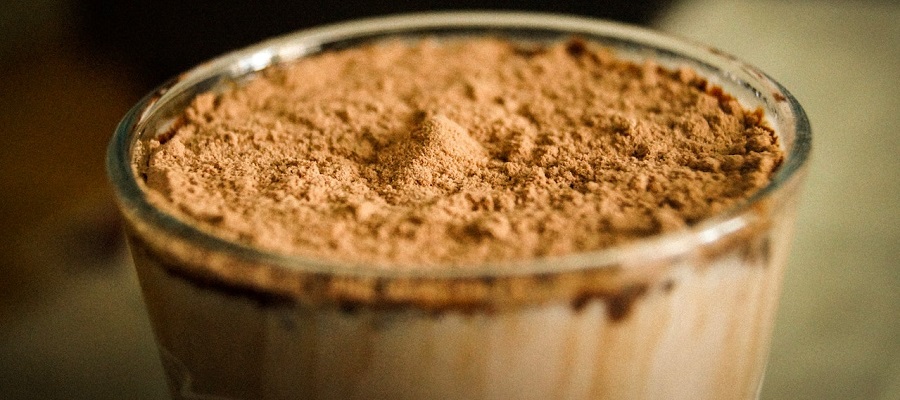Coconut oil is a type of edible oil that is extracted from the flesh of the coconut fruit. It has been used for centuries in tropical countries as a cooking oil, as well as for hair and skin care. In recent years, coconut oil has gained popularity in other parts of the world as a health food, with proponents claiming that it has a number of health benefits, including weight loss, improved heart health, and improved digestion.
Coconut oil is high in saturated fats, with around 90% of its fat content consisting of saturated fats. These saturated fats are primarily medium-chain fatty acids, which are absorbed and metabolized differently than other types of saturated fats. Some research has suggested that medium-chain fatty acids may have a number of health benefits, including improved insulin sensitivity and increased fat burning.
One of the main health benefits of coconut oil is its potential to promote weight loss. Some studies have found that coconut oil can increase energy expenditure and reduce appetite, leading to weight loss. However, other research has found no significant effects of coconut oil on weight loss, and the evidence for its effectiveness as a weight loss aid is mixed.
Coconut oil has also been touted as a heart-healthy food, with some studies suggesting that it can improve cholesterol levels and reduce the risk of heart disease. However, the American Heart Association has advised against the use of coconut oil for heart health, citing the high levels of saturated fats and the lack of strong evidence for its benefits.
Coconut oil has also been claimed to have a number of other health benefits, including improving digestion, boosting the immune system, and promoting healthy skin and hair. However, much of the research on these claims is limited and more research is needed to confirm these effects.
Despite the potential health benefits of coconut oil, it is important to keep in mind that it is a high-fat food and should be consumed in moderation. The World Health Organization has recommended limiting saturated fat intake to less than 10% of daily calories, and the American Heart Association advises against the use of coconut oil as a replacement for other types of unsaturated fats, such as olive oil or avocado oil.
In addition to its use as a food, coconut oil is also used in a number of non-food products, including cosmetics, cleaning products, and industrial products. It is often used as a natural alternative to other types of oils, such as mineral oil, and is believed to have a number of benefits for skin and hair care, including moisturizing and anti-aging effects.
The coconut palm is native to Southeast Asia, the Pacific islands, and parts of Africa, and it has been cultivated for centuries for its various uses. Coconut oil is produced by pressing the flesh of the coconut fruit, and it can be refined or unrefined. Unrefined coconut oil, also known as virgin coconut oil, is made from fresh coconut meat and is considered to be of higher quality. It has a distinct coconut flavor and aroma and is often used in cooking and as a health supplement. Refined coconut oil, on the other hand, is made from dried coconut meat, also known as copra, and is often treated with chemicals to remove impurities. It has a neutral flavor and aroma and is often used in commercial products.
Coconut oil has become a popular ingredient in a range of products, including food, cosmetics, and cleaning products. However, its production has also been linked to a number of environmental and social issues. The cultivation of coconut palms requires large amounts of land, and in some cases, forests and other natural habitats have been cleared to make way for coconut plantations. This can lead to the loss of biodiversity and the release of carbon dioxide stored in the trees and soil


